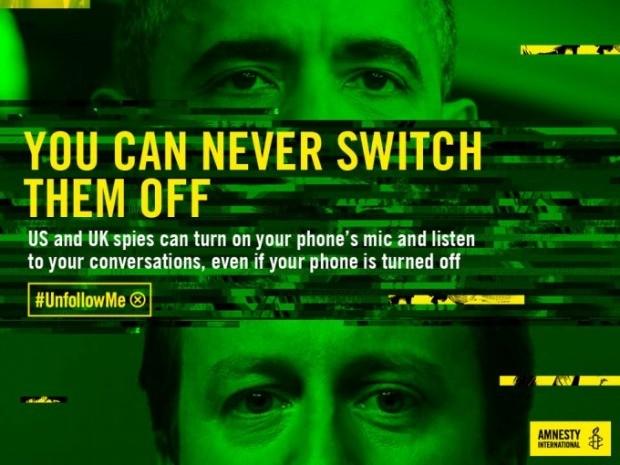
The spectre of a Draft Investigatory Powers Bill now looms over Britain, as lawmakers debate whether to institute what may be the most invasive cyber-surveillance regime in the U.K. to date, following the terror attacks on Paris last month.
If passed, the bill would require Internet service providers and mobile phone companies to track all users' messages and browsing history and retain records of these for a year, as well as forcing the companies to provide this information to police, security services and other officials on request. At its core, the bill would legitimize the widespread bugging of users' communications channels.
Home Secretary Theresa May recently announced that a 14-person parliamentary committee will have until February 11 to scrutinize the bill. There is an even tighter deadline of December 21 for the submission of evidence to the committee arguing for or against the bill. Questions include the following:
-
Are there sufficient operational justifications for undertaking targeted and bulk interception, and are the proposed authorization processes for such interception activities appropriate and workable?
-
Should the security and intelligence services have access to powers to undertake targeted and bulk equipment interference? Should law enforcement also have access to such powers?
Understandably, the quick turnaround on such important legislation has caused something of an uproar. Privacy campaigners are concerned that the measures represent a gross privacy violation and that it is unconstitutional for MPs to have such a short time to react to evidence and decide on the bill.
May, meanwhile, insists that the proposals are mainly intended to expose terrorist activity and that they must be sped through parliamentary scrutiny as quickly as possible, given the recent Paris attacks and the fact that current U.K. legislation has been outdated by the pace of technology.
“There should be no area of cyberspace which is a haven for those who seek to harm us, to plot, poison minds and peddle hatred under the radar,” May said in a statement to the House of Commons. “I am clear we need to update our legislation to ensure it is modern, fit for purpose and can respond to emerging threats as technology advances.
"But I am also clear that the exercise and scope of investigatory powers should be clearly set out and subject to stringent safeguards and robust oversight, including ‘double-lock’ authorization for the most intrusive capabilities. This Bill will establish world-leading oversight to govern an investigatory powers regime which is more open and transparent than anywhere else in the world.”
Jim Killock, executive director of the Open Rights Group, told Occupy.com, “The government seems intent on pushing through one of the most important bills of this Parliament at any cost. This is short-sighted and undemocratic.”
Meanwhile, Sara Nelson, a communications officer with Privacy International, suggested that “an utter lack of regard for the democratic process and rule of law has been shown by fast-tracking the draft Investigatory Powers Bill through the Parliamentary process.”
“The fast-tracking shows a shameful disregard for the need to have an informed debate on the Bill and for MPs to fully understand the implications of all its complex provisions, in order to have an opportunity to meaningfully assess the significant powers of surveillance proposed," Nelson added.
Campaigners' worries not only rest on privacy concerns. There are also fears of a potential increase in illegal hacking due to weakened encryption of customers' data. “Demands on technology companies to adhere to warrants for encrypted data, as well as the power to legally hack into our devices, could create legislative back doors which, in a world of increased cyber-attack, could make us more vulnerable to crime,” said Renate Simpson, chief executive of Big Brother Watch.
Providing evidence to the committee responsible for looking at the Bill, Firefox creator Mozilla said this week that passing such legislation would "create an environment of legal and practical uncertainty" for the company and other open source software developers.
"While some Web traffic remains unencrypted, the overwhelming majority of online traffic belongs to law-abiding citizens, and has no connection to any legitimate governmental purposes," Mozilla stated. “We believe that all Internet users have an expectation of privacy in the network exchange of their communications, and companies and technologists continue to support this expectation through policy and through technology."
Edward Snowden, the NSA whistleblower, gave his opinion succinctly in a recent tweet. “By my read, #SnoopersCharter [the Draft Investigatory Powers Bill] legitimizes mass surveillance,” he wrote. “It is the most intrusive and least accountable surveillance regime in the West.”

3 WAYS TO SHOW YOUR SUPPORT
- Log in to post comments













